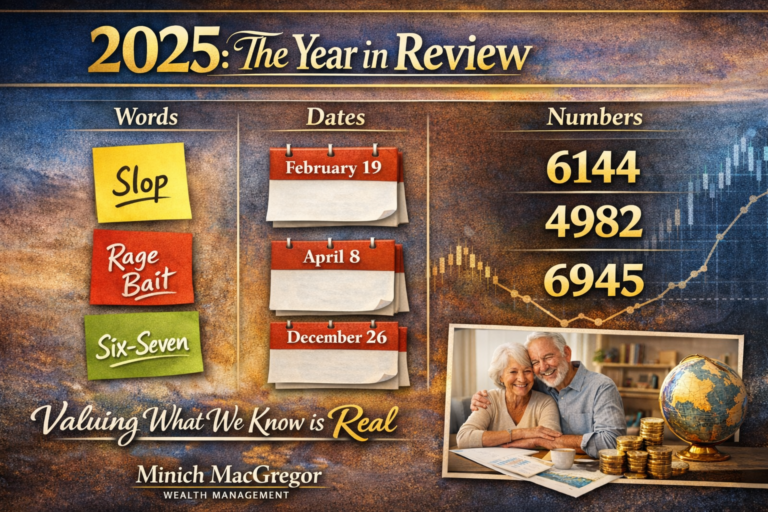In recent months, you may have seen some unsettling headlines about the future of Social Security. That’s largely due to the latest annual Social Security and Medicare Trustees report, which gives projections on the finances of these programs and how well-funded they will be in the future.
Among other things, the report revealed that the trust funds that partially pay for Social Security will be depleted by 2034. That’s one year earlier than most experts predicted. When that happens — assuming nothing else changes in the meantime — the SSA will be forced to cut monthly benefits by an average of 23% to ensure everyone still receives payments.1
It’s a startling report, and an equally startling number. Both have many pre-retirees wondering what their benefits will look like, and whether they’ll be able to retire when they want. Or if they’ll be able to live the retirement lifestyle they want. Or if there will even be Social Security at all in the future!
As financial advisors, our job is to help people plan and work towards the future they want. So, we want to reassure you that, while this news certainly should add an extra wrinkle to your retirement planning, it does not have toderail it!
There are two reasons for this. The first is because the numbers in the report are based on the assumption that nothing will change between now and 2034 — and that’s unlikely to be the case.
To understand why this is, let’s look a little closer at what’s really going on. It’s important to understand that the recent news about Social Security refers specifically to its trust funds. These are two financial accounts that help pay for the cost of benefits. The funds inside these accounts are invested in interest-paying Treasury bonds which the SSA can sell when it needs to in order to continue paying for benefits.
For many years, the SSA collected more in taxes and other income than it paid out in benefits and expenses — a surplus that went into the two trust funds. But in 2021, Social Security was forced to begin tapping those reserves, which it has done ever since, and is set to continue doing into the next decade until the well runs dry in 2034.2
As important as those trust funds are, they only pay for a portion of the nation’s Social Security benefits. You see, most of the funding for Social Security comes from payroll taxes — and as those aren’t going away any time soon, Social Security as a program will not be going away, either.
Furthermore, there are several actions that Congress can take in the coming years to help shore up funding for Social Security. The most direct route would be a permanent increase to payroll taxes, but a more varied approach is probably more likely. Here are just a few steps Congress will likely look at:
- Raising the Full Retirement age from 67 to either 68 or 69.
- Subject all wages to the payroll tax rather than raise the tax itself. (Currently, only wages up to $176,100 are subject to the tax.3)
- Reduce the growth of benefits for the very top earners.
- Change how cost-of-living adjustments are indexed to inflation.
This is just a glimpse into the various possibilities. The point is that Congress has many potential tools at its disposal to ensure that retirees continue to receive the benefits they expect — and deserve — from their decades of hard work.
The other reason this doesn’t have to derail your planning? Because there’s time to prepare. You see, while Social Security is important, it’s just one arrow in the income quiver. Our team has the ability to help you calculate exactly how much you need to achieve the things you want, and where that income can and should come from. Our mission is to help clients work toward their goals and achieve the dreams and lifestyle that are most important to them. So, if you would ever like a second opinion on your income needs in retirement or would like extra help in making your dreams possible, please let us know. We would love to meet with you.
We expect we’ll provide more information on this topic over the coming years, but in the meantime, our advice is this: While the future of Social Security may be determined in Washington, your future stems from something much more powerful: The dreams you dream, and the plans we make.
Here at Minich MacGregor Wealth Management, we are very excited about our clients’ futures. Please let us know if we can ever be of any assistance in helping you with yours.
1 “A Summary of the 2025 Annual Reports,” Social Security Administration, https://www.ssa.gov/oact/trsum/
2 “Understanding the Social Security Trust Funds,” Center on Budget and Policy Priorities, https://www.cbpp.org/research/social-security/understanding-the-social-security-trust-funds-0
3 “Contribution and Benefit Base,” Social Security Administration, https://www.ssa.gov/oact/cola/cbb.html







